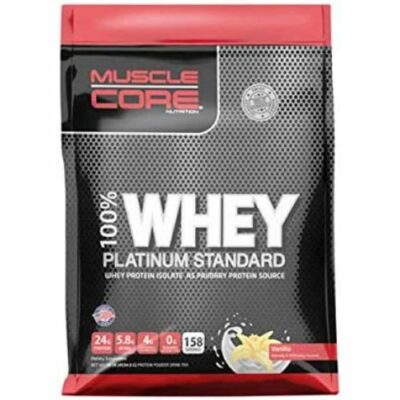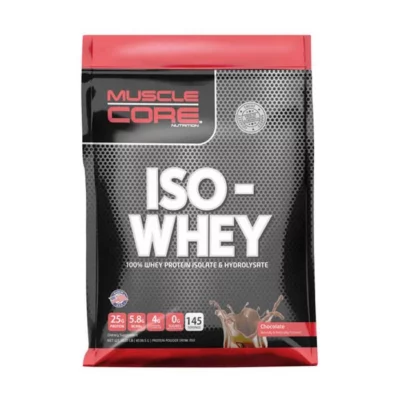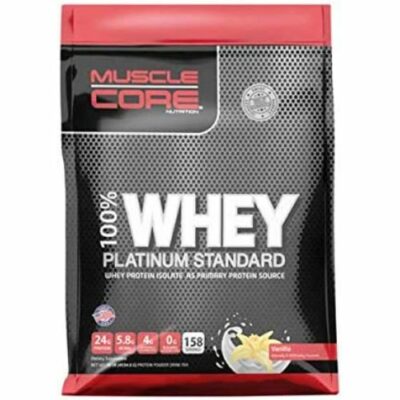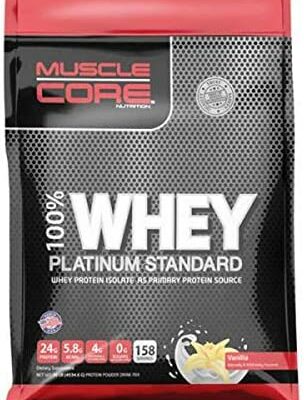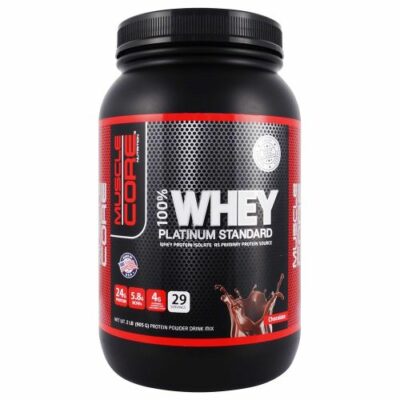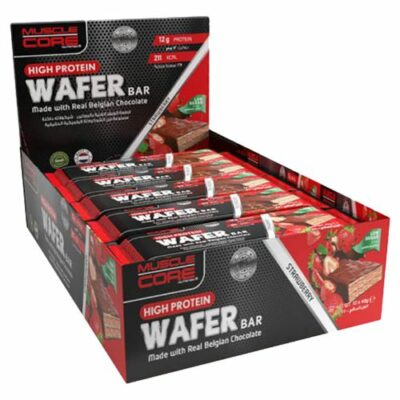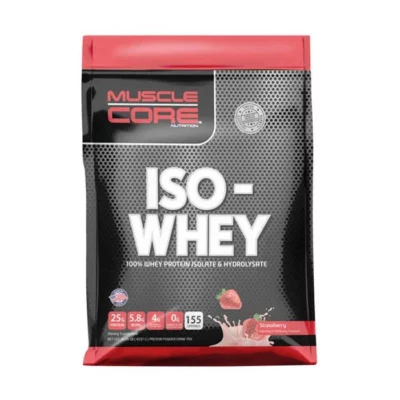Proteins
Proteins are vital macromolecules that play a critical role in the structure, function, and regulation of the body's cells, tissues, and organs. They comprise amino acids, organic compounds composed of carbon, hydrogen, nitrogen, oxygen, and, in some cases, sulfur. These amino acids link together in various sequences to form different proteins, creating an incredible diversity of functions within living organisms.In the body, proteins are essential for muscle growth and repair, enzyme activity, immune responses, hormone production, and the transportation of molecules, among other functions. Hemoglobin, for example, is a protein that carries oxygen in the blood, while insulin is a hormone that regulates blood sugar levels. Enzymes, another type of protein, catalyze biochemical reactions, enabling life-sustaining processes to occur at the right speed.
Proteins are vital nutrients in meat, fish, eggs, dairy, legumes, and grains. They break down into amino acids during digestion and have various medical, biotechnology, and research uses. Understanding proteins is important in nutrition, biology, biochemistry, and medicine.

